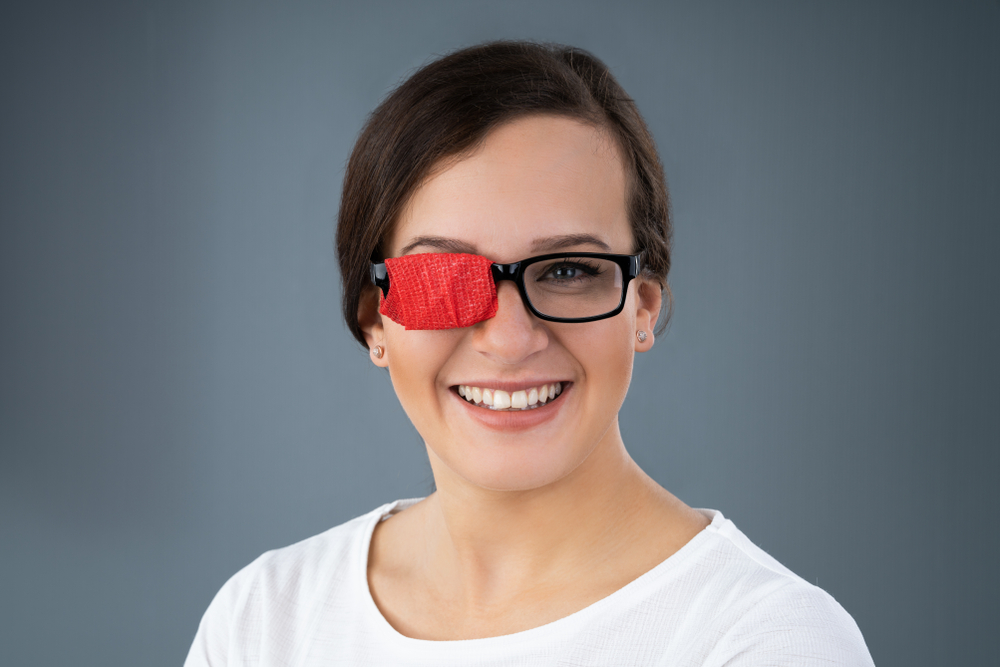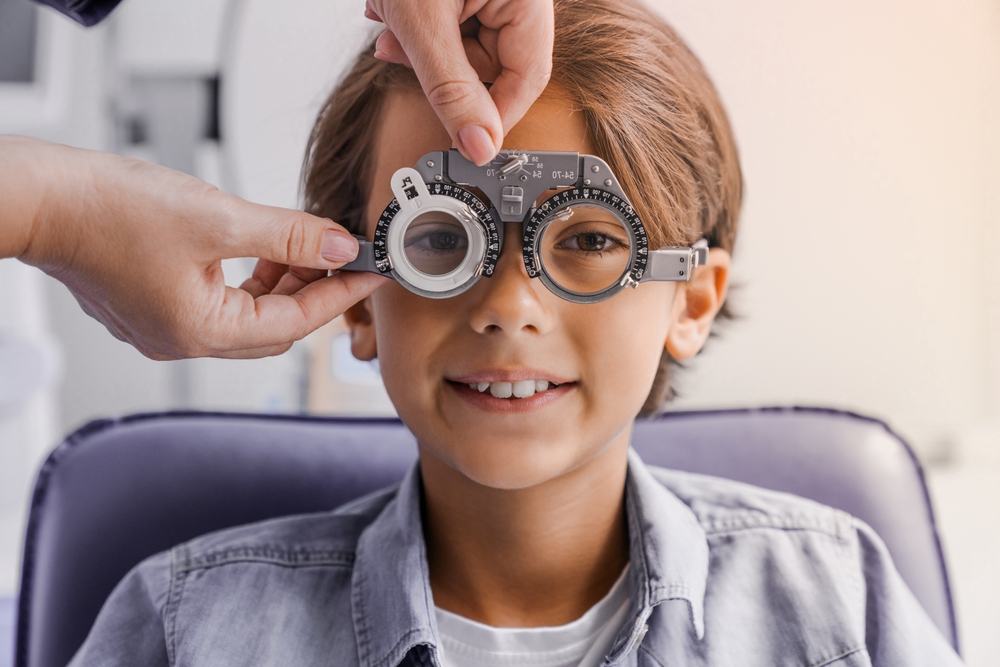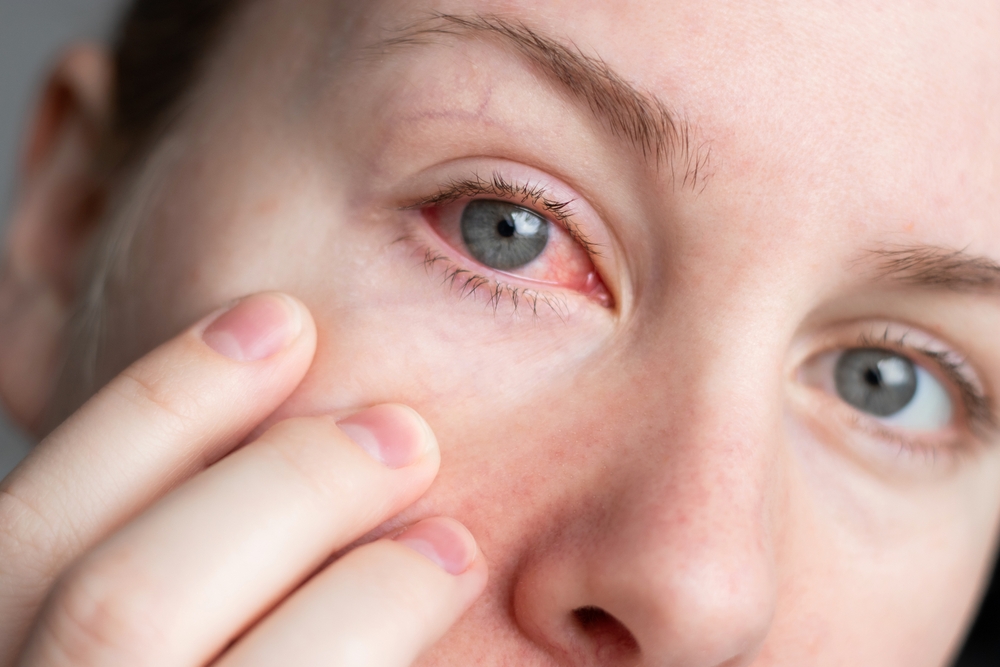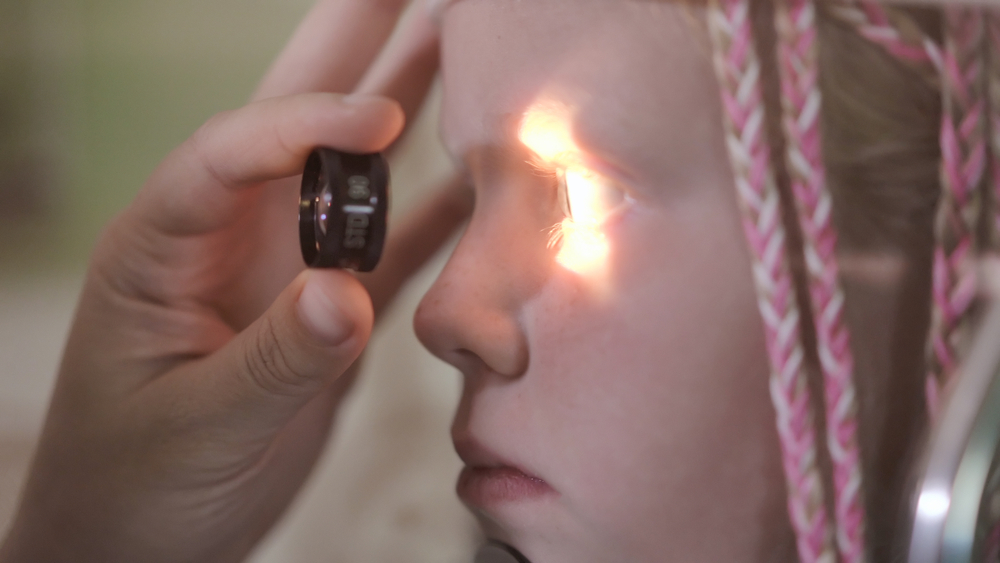Holistic Vision Blog
Learn more about optometry care in our blog!

Lazy eye, clinically known as amblyopia, is a common vision condition that often begins in childhood. It occurs when one eye does not develop normal visual acuity, even though the eye itself may appear healthy. Because the brain favors the stronger eye, the weaker eye becomes increasingly ignored over time. Many people assume lazy eye can only be treated in early childhood, but advances in vision therapy are changing that perspective.

When people think about vision, they often focus on clarity - whether someone can see 20/20 or needs glasses or contacts. However, clear eyesight is only one part of how vision truly works. For many children and adults, the challenge isn’t seeing clearly, but how the brain processes and interprets visual information. This is where visual processing disorders come into play, and where vision therapy can make a meaningful difference.

Double vision, or diplopia, can be alarming at any age. It causes one object to appear as two, often side by side or overlapping. While the symptom may seem the same, its causes and treatment approaches differ significantly between adults and children. Understanding these differences can help ensure that each patient receives the most appropriate care.

When we think of vision, we often limit it to what our eyes can see. But at Holistic Vision, we recognize that sight is deeply intertwined with how your entire body moves and aligns.Dr. Sapossnek collaborates with Postural Restoration®-certified physical therapist Dr. Frank Mallon to offer Postural Vision Integration - an innovative approach designed to harmonize the visual, neurological, and musculoskeletal systems for improved comfort and function.

Your eyes rely on more than just regular checkups to stay healthy. The foods you eat play a powerful role in maintaining clear vision and protecting against eye diseases, especially those that affect the retina and macula. By incorporating key nutrients into your daily diet, you can give your eyes the fuel they need to function properly and stay resilient over time.

At Holistic Vision, we believe eye health is about more than just treating disease - it’s about supporting the whole body to achieve optimal visual function and long-term wellness. As we age, our eyes are especially vulnerable to conditions such as macular degeneration, cataracts, and glaucoma. While genetics and environmental factors play a role, holistic medical care recognizes nutrition as a vital component in preserving clear vision and preventing age-related decline.

Blunt force eye injuries can have lasting effects that go beyond the initial trauma. While immediate symptoms such as pain, swelling, or bruising are obvious, many people are unaware that these injuries can cause long-term vision problems. At Holistic Vision, we believe it’s crucial to understand these potential effects and know what treatments are available to help restore and optimize your visual function.

Vision problems are a common yet often overlooked consequence of concussions and traumatic brain injuries (TBIs). Even after other symptoms subside, individuals may continue to struggle with blurred vision, dizziness, or difficulty focusing. At Holistic Vision, Dr. Robin Sapossnek takes a comprehensive and integrative approach to care following injury.

Neuro-optometric rehabilitation is a specialized form of vision therapy designed to address visual problems caused by neurological conditions such as traumatic brain injury, stroke, developmental delays, or other neurological disorders. It’s about retraining the brain to properly interpret and respond to visual input. At Holistic Vision, Dr. Robin Sapossnek offers a comprehensive and individualized approach to this important therapy.

Traumatic brain injuries (TBI) and concussions can have a lasting impact on more than just memory or balance. Often overlooked is how these injuries can disrupt visual function, particularly eye coordination. When the brain sustains trauma, the delicate communication between the eyes and the brain can be impaired. This leads to symptoms like blurred vision, double vision, light sensitivity, eye strain, and difficulties focusing or tracking moving objects.








